
Sarah Zielinski
Editor, Print at Science News Explores
Sarah Zielinski is the Editor, Print for Science News Explores. A former editor at Smithsonian magazine, she has been published in Scientific American, Discover, National Geographic News, Science and Slate. She shared a Gold Award in the Children's Science News category of the 2022 AAAS Kavli Science Journalism Awards for a trio of Wild Things comics and has also received two DCSWA Science News Brief Awards and an honorable mention. She has a B.A. in biological sciences from Cornell University and an M.A. in journalism through New York University’s Science, Health and Environmental Reporting Program. She has three cats: Oscar, Saffir and Alani.

All Stories by Sarah Zielinski
-
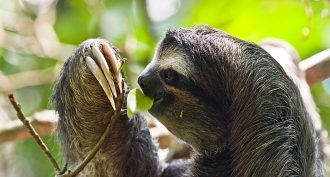 Animals
AnimalsThis mammal has the world’s slowest metabolism
A sloth species manages to exist with a super-slow metabolism by moving little and using its environment for heating and cooling its body.
-
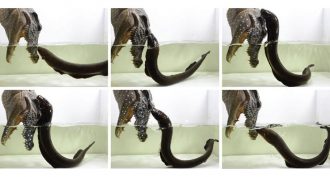 Animals
AnimalsLeapin’ eels! Video shows they attack with zaps
When a predator threatens an electric eel from above, the animals leap up to deliver a shocking defense.
-
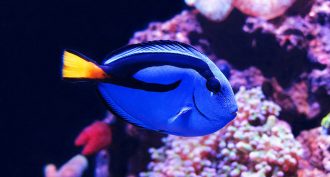 Animals
AnimalsCatching ‘Dory’ fish can poison entire coral reef ecosystems
More than half of saltwater-aquarium fish sold in the United States may have been caught in the wild using cyanide, new data show.
-
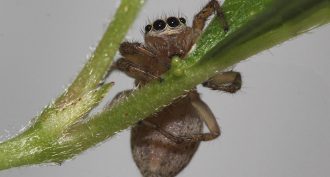 Animals
AnimalsSpiders eat insects — and sometimes veggies
Plant-eating spiders have been found on every continent except Antarctica, a new study notes.
-
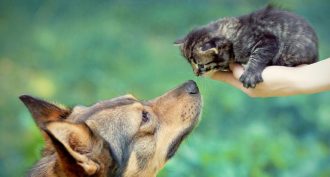 Animals
AnimalsCool Jobs: Pet science
Pets make great subjects for research. These scientists work to make our animals — and us — healthier and happier.
-
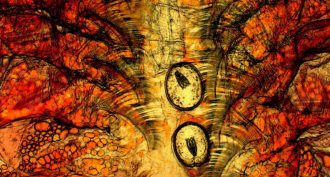 Animals
AnimalsParasites give brine shrimp super powers
When infected with parasitic worms, brine shrimp survive better in waters laced with toxic arsenic, a new study finds.
-
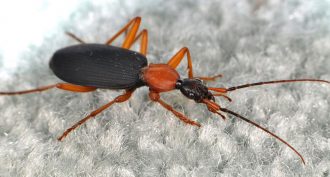 Animals
AnimalsBugs that call your house home
A survey of North Carolina homes found hundreds of species of insects, arachnids and other arthropods. Most, though, were harmless.
-
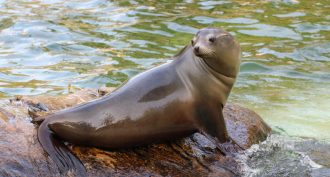 Animals
AnimalsAlgal poison can harm sea lion memory
Sea lions exposed to toxic algae can experience seizures and brain damage. New research shows that the toxin also causes impairments to memory.
-
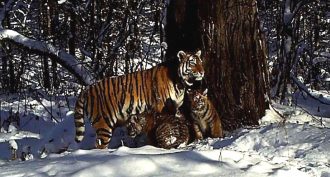 Animals
AnimalsPicture This: Rare tiger becomes mom
Zolushka is the first Amur tiger to be reintroduced to the wild and have cubs. She are her two young were caught on a camera trap.
-
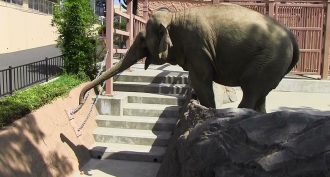 Animals
AnimalsElephants’ trunks: These leaf-blowers snag food
Researchers at a Japanese zoo filmed two elephants using their trunks as leaf-blowers, pulling food toward them with puffs of air.
-
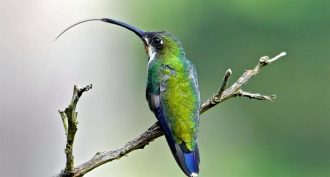 Animals
AnimalsHummingbird tongues may be tiny pumps
Scientists had thought that hummingbird tongues work through capillary action. A new study, though, concludes they work like little pumps.
-
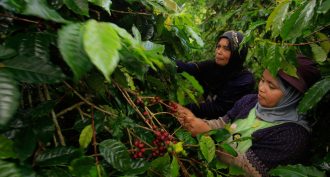 Agriculture
AgricultureMade in the shade
Agroforestry combines woody plants and agriculture. Growing trees alongside crops and livestock benefits wildlife, environment, climate — and farmers.